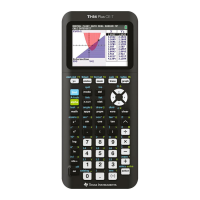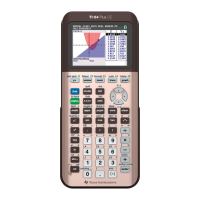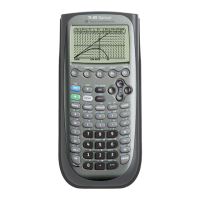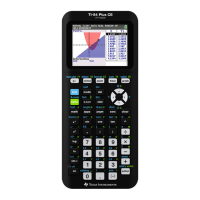562
Appendix A: System Routines — Files
TI
-
89 / TI
-
92 Plus Developer Guide
Not for Distribution
Beta Version January 26, 2001
FFindFirst
Declaration:
SYM_ENTRY *
FFindFirst
(WORD
Options
, char *
typeName
,
char *
folderName
)
Category(ies):
Files
Description:
Find the first symbol of FILE type
typeName
and return a SYM_ENTRY
pointer to it (NULL if none found). Use
FFindNext
to find subsequent
entries, NULL returned after the last entry is found.
Inputs:
Options
— FO_NONE —
folderName
is a string pointer to the
folder to search.
FO_RECURSE — Search all folders (
folderName
is
ignored).
typeName
— Must point to a string of, at most, four characters that
describes the file type.
Outputs:
SYM_ENTRY pointer to first file with type matching
typeName.
The
Name
field of the SYM_ENTRY contains the 1 . . . 8 character string of
the symbol for the file being searched for. If using FO_RECURSE, then
calling
SymFindFoldername
will return the folder of the symbol just found.
Assumptions:
None
Side Effects:
SYM_ENTRY pointers are only valid until heap compression is done or
another symbol is added to the symbol table.
Availability:
On AMS 2.00 and higher.
TI
-
89 / TI
-
92 Plus
Differences:
None
See Also: FFindNext, SymFindFoldername
Example:
SYM_ENTRY sePtr;
Disp ("ALL Files of type FTYPE2\n");
if (sePtr = FFindFirst(FO_RECURSE, FTYPE2, NULL)) {
Disp(sePtr->Name);
while (sePtr = FFindNext())
Disp(sePtr->Name);
}
Disp("All Files of type FTYPE2 in folder: FOLD1\n");
if (sePtr = FFindFirst(FO_NONE, FTYPE2, "fold1")) {
Disp(sePtr->Name);
while (sePtr = FFindNext())
Disp(sePtr->Name);
}
